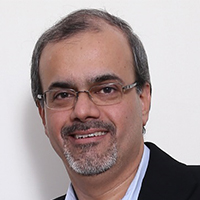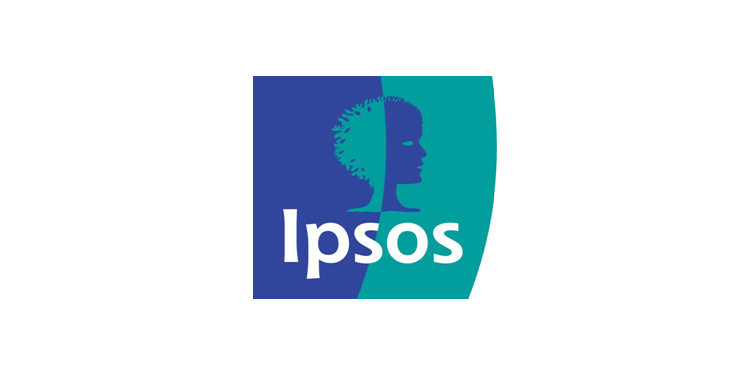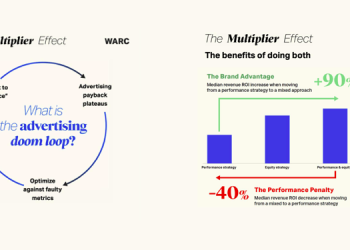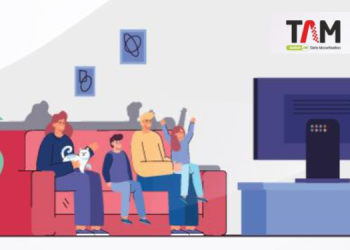New Delhi: The January, India wave of the Ipsos What Worries the World, monthly global survey shows some of the top worries of December being carried forward to January, though Education has surfaced for the first time among the top 5 worries of India with at least 1 in 4 (23%) Urban Indians worrying about it.
So, what worries Indians most?
Corona Virus remains the topmost worry with at least 45% (-2%)urban Indians worrying about it, though it has receded in worry by 2% over December; Unemployment remains the 2nd biggest worry for 41% (-3%), followed by Financial & Political Corruption (28%) at 3rd spot, Poverty and social inequality (24%/ +4%) at the 4th spot and Crime and Violence (23%/ +1%) at the 5th spot, though it is tied with Education, which is the worry of 23% urban Indians and it has surfaced amongst the top 5 worries for the 1st time.

Amit Adarkar, CEO, Ipsos India said, “Worry around COVID19 and Unemployment while is still alarming, at the same time, it shows improvement over December. The pandemic seriously impacted education:online emerged as the great opportunity but it came with its share of challenges in terms of connectivity and affordability and now it has moved up to 5th position among India’s top worries. There has been disruption and now it is beginning to rattle nerves as students and teachers wait for normalcy to return.”
World Worries
Global citizens worry about COVID19 (50%), Unemployment (37%),Poverty and social inequality (29%), Financial & political corruption (27%) and Healthcare (24%).
India bucks global trend of pessimism
Worries notwithstanding, India continues to remain the 2nd most optimistic market with 69% urban Indians believing, India is moving in the right direction. Saudi Arabia continues to be at the top with 86% citizens believing their country is on the right track. The other two optimistic markets include Australia (61%) and Malaysia (55%).
Pessimism is rife in Peru (83%) and South Africa (78%) most – with majority of their citizens believing their country is on the wrong track.
“Indians continue to be resilient and optimistic about the future, despite the worries. There is tangible positive movement in terms of recovery and getting manifested in positive outlook,” added Adarkar.
The survey was conducted in 27 countries around the world via the Ipsos Online Panel system. The 27 countries included are Argentina, Australia, Belgium, Brazil, Canada, Chile, France, Great Britain, Germany, Hungary, India, Israel, Italy, Japan, Malaysia, Mexico, Netherlands, Peru, Poland, Russia, Saudi Arabia, South Africa, South Korea, Spain, Sweden, Turkey and the United States of America.
19,504 interviews were conducted between December 18th, 2020 and January 8th, 2021 among adults aged 18-74 in the US, South Africa, Turkey, Israel and Canada and age 16-74 in all other countries. Data are weighted to match the profile of the population.
In 16 of the 27 countries surveyed internet penetration is sufficiently high to think of the samples as representative of the wider population within the age ranges covered: Argentina, Australia, Belgium, Canada, France, Germany, Hungary, Israel, Italy, Japan, Poland, South Korea, Spain, Sweden, Great Britain and United States. The remaining 11 countries surveyed: Brazil, Chile, India, Malaysia, Mexico, Netherlands, Russia, Peru, Saudi Arabia, South Africa and Turkey have lower levels of internet penetration and so these samples should instead be considered to represent a more affluent, connected population. These are still a vital Social group to understand in these countries, representing an important and emerging middle class.
















